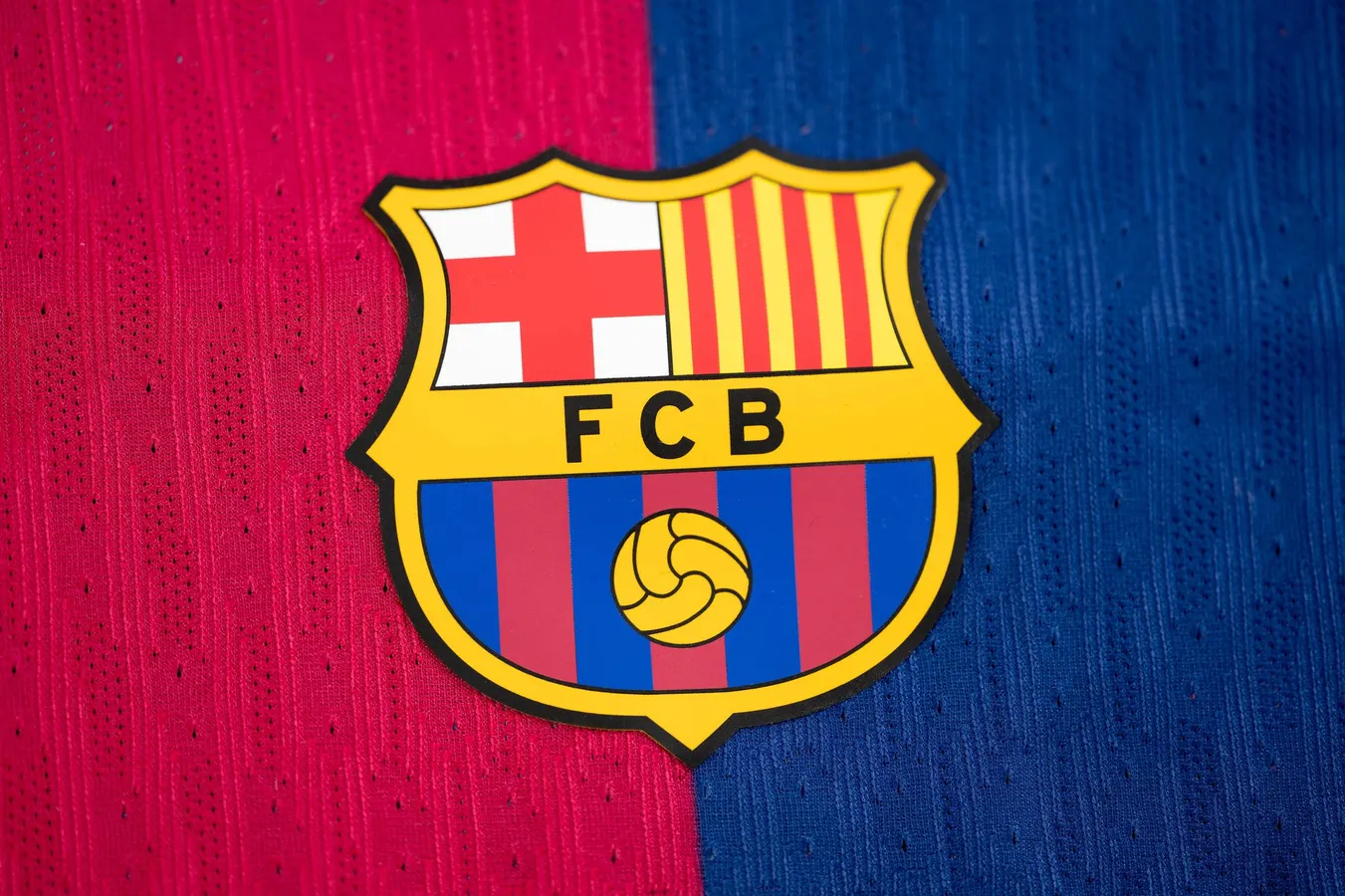(Motorsports news) It is understood that Alpine withdrew a number of suggested changes to its current engine because competing teams did not fully accept them, resulting in the closure of an FIA evaluation of the matter. An FIA analysis of the performance levels of the currently frozen specification of power units revealed that Alpine’s Renault engine is roughly 15–25Kw (20–33hp) less powerful than its closely matched rivals, Ferrari, Mercedes, and Honda.
The F1 Commission met at the Belgian Grand Prix, and the FIA made a statement referring to this as a “notable performance gap.” The F1 Commission had “discussed ways to remedy this discrepancy,” according to the governing body, and “the power unit manufacturers represented at the Commission agreed to give a mandate to the Power Unit Advisory Committee to consider this topic and bring proposals back to the Commission.”
This action came about as a result of the FIA evaluating engine performance levels during the first half of the 2023 season. It was decided that this year would signal the beginning of the current power unit rules cycle in 2022, at which point engines might be modified. According to the FIA statement, this would be done to prevent a significant performance differential from “being locked in for an extended period of time.”
However, in order for any engine manufacturer to proceed with any alterations, they needed what appears to have been a “good faith” agreement set up with all of the teams and engine builders back in 2021, when the engine freeze was first decided upon. When F1’s next engine and chassis regulations reset takes place in 2026, interim Alpine team president Bruno Famin stated at the Qatar GP last month that there had been “no progress” on the engine equalization plan and that his squad’s “priority number one is to have a good 2026 power unit.”
However, it has now come to light that Alpine has requested—and the FIA has accepted—that all efforts to evaluate future modifications to guarantee engine parity throughout the field under the current rules cycle be discontinued. Alpine is believed to have made the decision that it was preferable to focus any resources that would have been allocated toward meeting the new engine regulations on increasing the output of its current engine rather than on improving it.
Since it had become evident that the team did not have the full support of its competitors, despite what had previously been arranged under the good faith understanding, With just over two years to go, these will prioritize electric power and sustainable fuel in Formula One engines. “After talking with the FIA about engine equalization, we, as a power unit manufacturer, actively made the decision not to pursue the matter further, taking note of the positions held by the FIA and other power unit manufacturers”.
“We discussed our options and potential performance improvements in accordance with the rules and the gentlemen’s agreement amongst the PU manufacturers after the FIA first raised the issue of engine equalization during the July F1 Commission meeting. We soon came to the conclusion that our time and effort were not worth it. Furthermore, it would divert our attention from the development of the 2026 PU project for such a minor performance increase.
It is anticipated that the proposal to forgo the engine parity assessment will be formally presented at the upcoming F1 Commission meeting during this weekend’s event in Abu Dhabi. The FIA declined to comment on this article when approached.
Also read: As of 2024, SAP is an official partner of the Mercedes F1 team














